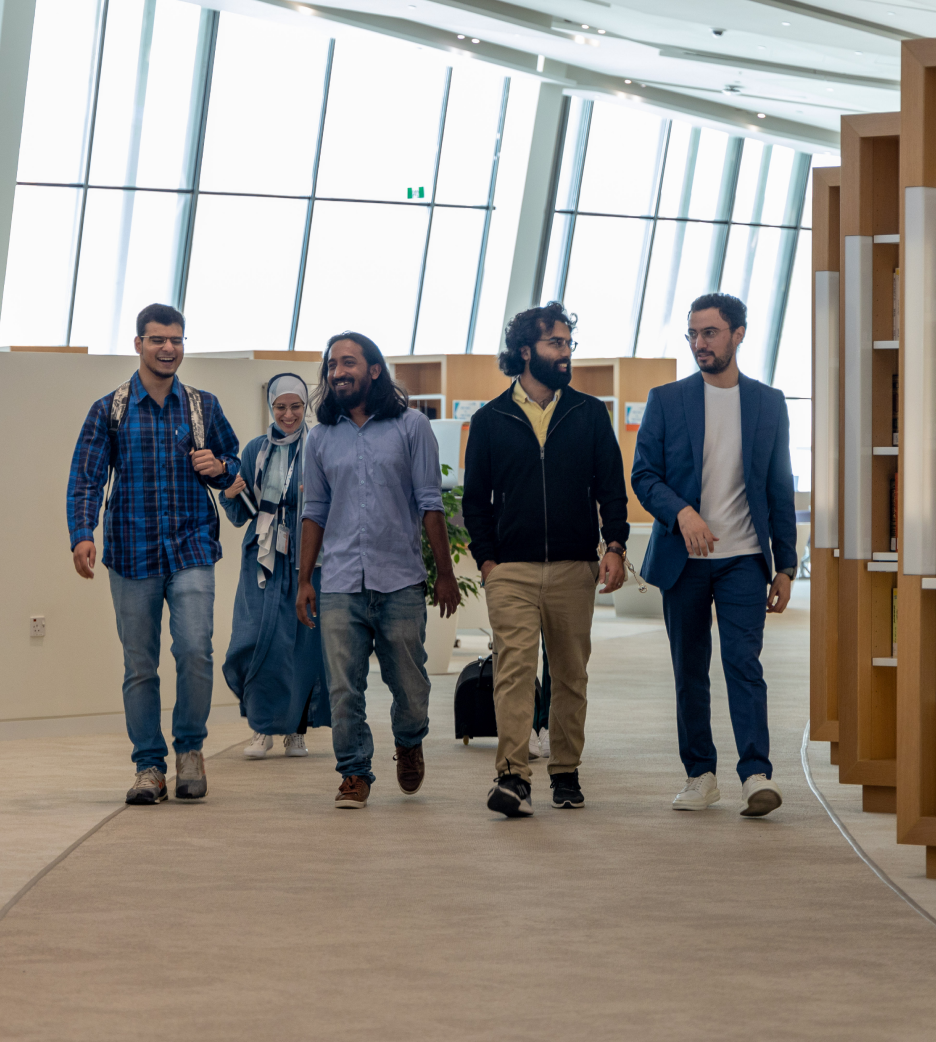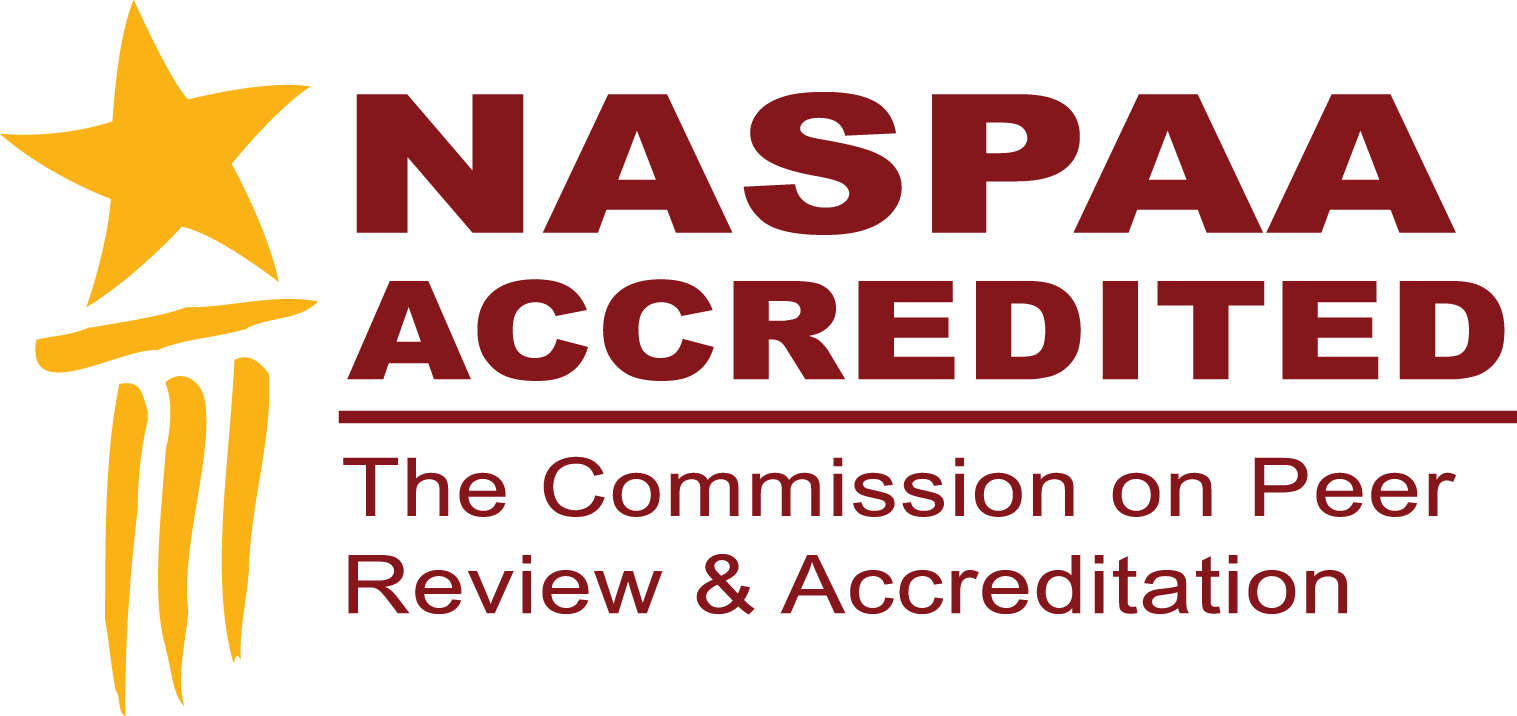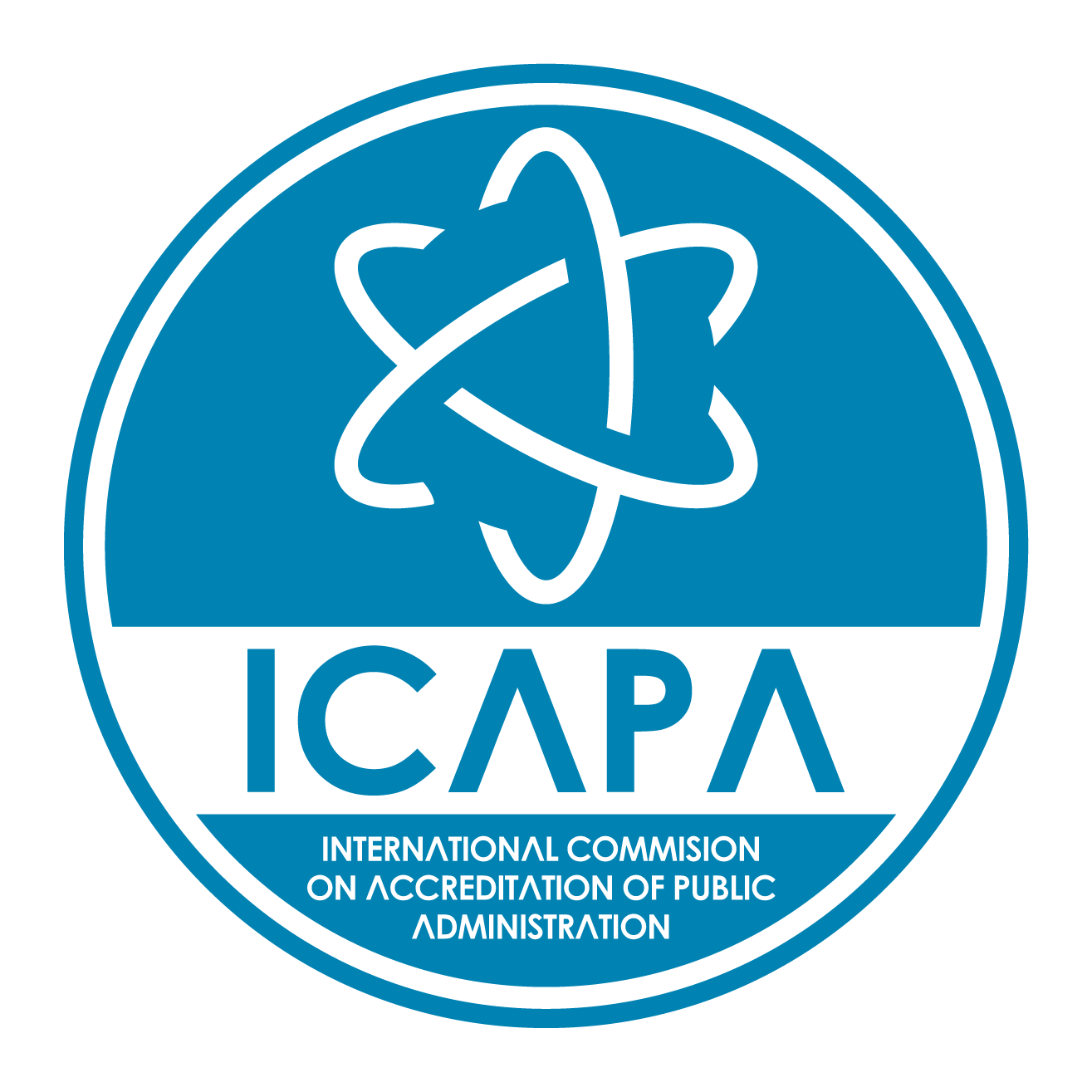The College of Public Policy (CPP) is HBKU’s newest college and reflects the priority the university places on supporting and contributing to effective policy development towards implementing the Qatar National Vision 2030.
CPP is a unique and exciting environment, with cutting-edge research on policy challenges that face Qatar, the region, and the world. It aims to be one of the leading public policy schools in the region and the world, acting as a bridge and a hub for innovative policy solutions across a range of issues.
Facts and Figures
Year of establishment
Programs
Students
Alumni

Students
Students in CPP come from a variety of academic backgrounds, bringing different experiences to share and develop in their programs of study. Students are encouraged to participate in College governance, suggest ideas for events and activities, and help shape the teaching and research environment in the College.
Graduates from CPP’s programs are currently employed in government agencies, the health and social service sectors, and the private sector. Internship opportunities give students experience with a variety of external partners.
CPP values diversity of backgrounds and experiences, and aims to build a rich culture and community with a student body that hails from the region and the rest of the world.
Faculty
The College of Public Policy (CPP) has highly qualified faculty with strong track records in policy research and public management. The college also emphasizes effective and engaged teaching and a rich experience for its students. Faculty are conducting research on sustainable development, global governance, international migration, science policy, family policy, and demographic change in Qatar and the MENA region, energy economics, trade, food security, and values and ethics as foundations for public policy.
Accreditation
The Master of Public Policy (MPP) program is the first MPP program in the Gulf region and the second MPP program in the Middle East and North African (MENA) region to earn a prestigious recognition with triple accreditation from the Network of Schools of Public Policy, Affairs, and Administration (NASPAA), the European Association for Public Administration Accreditation (EAPAA), and the International Commission on Accreditation of Public Administration (ICAPA).


